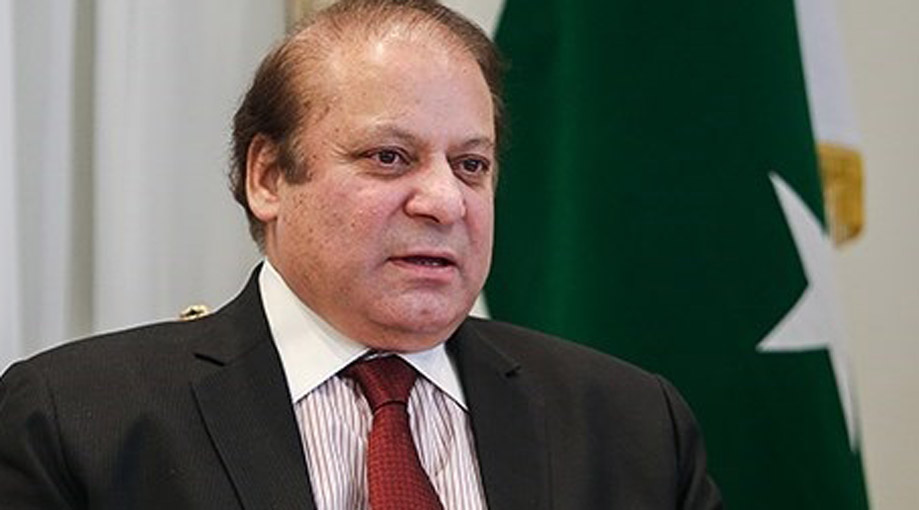The Supreme Court of Pakistan has voted unanimously to disqualify Nawaz Sharif from the prime ministership and has referred his case to the country’s top anti-corruption authority for an investigation into his family’s offshore assets, as revealed in the Panama Papers.
Sharif’s removal comes one year before he was due to end his third term as Pakistan’s leader, and means his party, the Pakistan Muslim League-Nawaz, will need to appoint an interim prime minister to serve until the next election in mid-2018.
“He is no more eligible to be an honest member of the parliament,” Judge Ejaz Afzal Khan said in court, according to a report by Reuters.
The case now goes to Pakistan’s National Accountability Bureau for an investigation into the family’s alleged corruption. According to the BBC, the Supreme Court also recommended anti-corruption cases against Sharif’s daughter Mariam and her husband Safdar, Finance Minister Ishaq Dar and others. The News reports that Safdar and Dar have also been disqualified from their offices.
The outcome marked a perhaps predictable end to a process that had consisted of one negative finding after another for the prime minister and his family after the Panama Papers reported on April 3, 2016 that his family owned expensive properties in London through offshore companies.
Little more than a month later, Sharif, facing calls for his resignation, abruptly left Pakistan and checked himself into a London hospital. Through his lawyer, Sharif told the Pakistan Supreme Court that he did not own any shell companies or property through offshore holdings himself without addressing whether his children did. The embattled prime minister subsequently returned to Pakistan after undergoing heart bypass surgery.
The Panama Papers reported that three of Sharif’s children were owners or had the right to authorize transactions for several companies, including two that owned “a UK property each for use by the family” of the companies’ owners. Sharif’s daughter Mariam, widely seen as her father’s political heir, was the owner of the two British Virgin Islands-based firms.
Later in 2016, the Supreme Court, petitioned by political opponents of Sharif, appointed a five-member bench to start hearings in the case that resulted in an order for an investigation into the allegations while Sharif was allowed to continue in office. Though Sharif has continued to deny any wrongdoing, the report was damning, accusing the family of building wealth beyond its means and accusing Mariam of submitting fake documents and misleading the Supreme Court.
A supposedly exculpatory document that Mariam released during the investigation signed and dated Feb. 2, 2006 had been printed in the Calibri typeface, which was not commonly available until 2007.
There was heightened security on the streets of Islamabad and the courtoom was packed for the verdict on Friday, according to the BBC. The New York Times reports that there are several possible contenders to replace Sharif: Sardar Ayaz Sadiq, the speaker of the national assembly; Shahid Khaqan Abbasi, the minister of petroleum; Khurram Dastgir Khan, the commerce minister; and Khawaja Muhammad Asif, the defense minister. Opposition leader Imran Khan also stands to gain politically from the court’s decision, and political insiders suggested that the verdict could lead to a period of political instability for the country.
Sharif is the second world leader to lose his post over his links to the Panama Papers; Sigmundur David Gunnlaugsson was forced to resign as the prime minister of Iceland shortly after his wife’s interest in an offshore company was revealed as part of the Panama Papers investigation in April, 2016.
Read more about the impact from ICIJ’s investigations, and find out how you can support ICIJ’s work
Find out first! Receive ICIJ’s investigations by email
